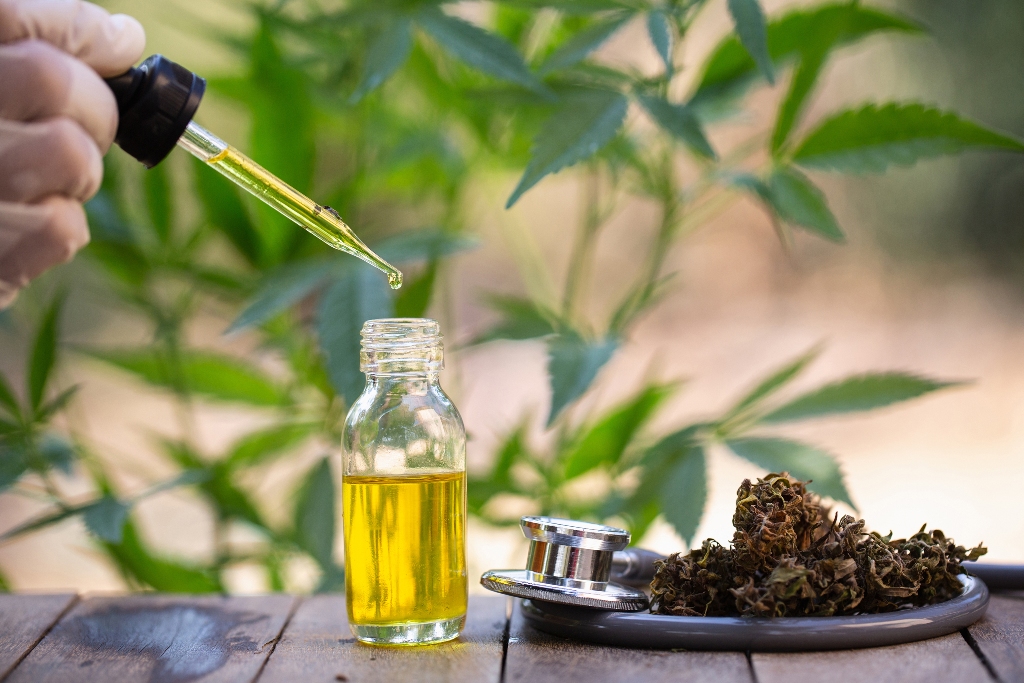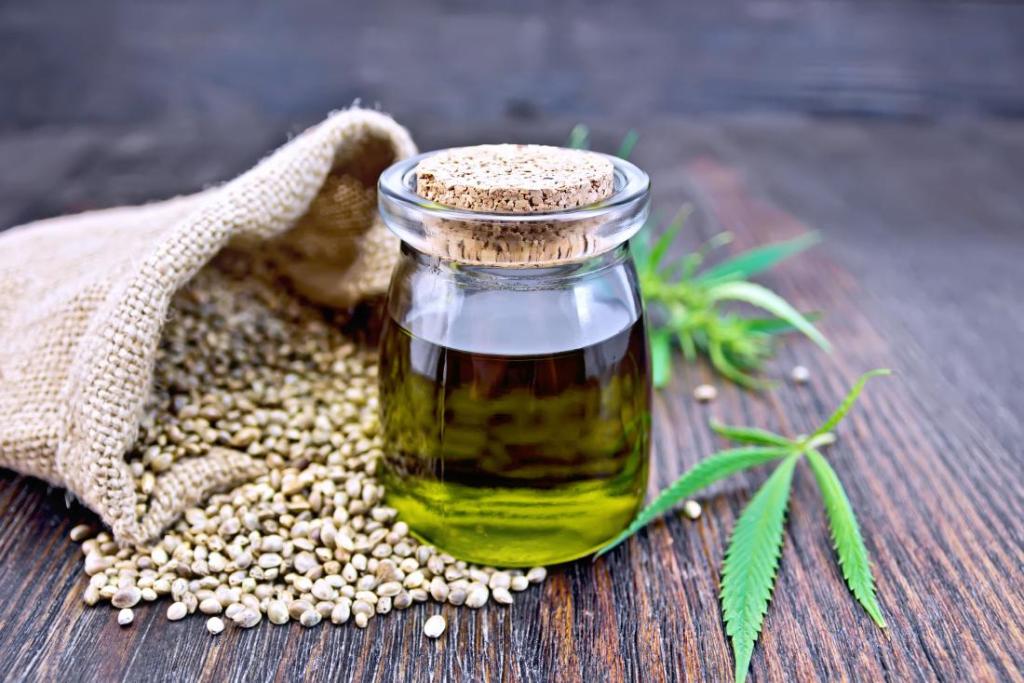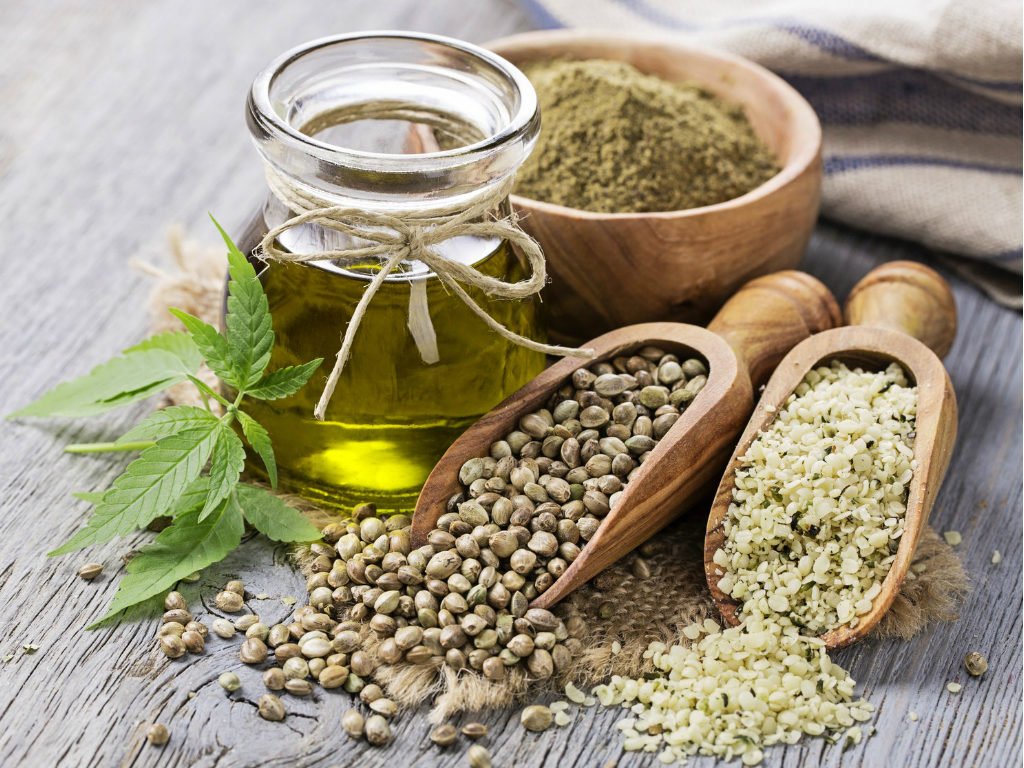Cannabis, which until recently has always been flagged down as an illegal drug that had the potential of incurring jail terms and public prosecutions. But owing to the new turn of events, marijuana is now being not only legalized but also gaining an incredible amount of awareness and popularity.
A city like Las vegas that already has so many side attractions like lots of casinos with beautiful women to propel gambling, easy marriage arrangements, Bellagio fountain, the iconic Las Vegas sign, Las Vegas strip and now to crown it all up—the recent law allowing legal marijuana dispensaries.
You might be among the very few that have been blown away by this sudden upheaval towards the perception of cannabis, especially CBD oils. Wonder no more, for that is what this article is here for, particularly it’s extraction processes alongside its nutritional benefits.
CBD Oil Extraction

Edible hemp seed oils are usually extracted mechanically from seeds and flowers by the use of oil presses. This can be done with a general-purpose mill or an oilseed mill specifically built for seed oil extraction which crushes the material, and compresses the seeds, providing separate streams of oil and solid residue.
Technology has helped in improving the oil extraction processes by the invention of large commercial machinery, which in the past was mostly done with grinding stones. The hemp seed is particularly suitable for oil extraction because of some of its properties like dimensions, hull proportion, hardness, and fracture characteristics.
These properties make hemp seed oil extraction suitable on a small industrial scale.
Nutritional Contents of Hemp Seed Oil
Going by an ancient myth that speculates that the founder of Buddhism, was able to live for six years consuming only hemp seed daily in an act of asceticism, we could argue that this legend is true because of the fact that hemp seeds are very nutritious.
Hemp seeds have high contents of unsaturated fatty acids (80%), and digestible proteins (20%). Also, there are arguably other components that include trace amounts of terpenes and cannabinoids that have some health benefits.
Fatty Acids
Many distinctively recognized health care organizations have speculated that saturated fat is a significant health precursor for cardiovascular diseases. But owing to recent studies, like that of Chowdhury et al. (2014) that pushes forward that the reverse is the case. So for the purpose of this article, we are going to base our iterations on the fact that unsaturated fats are better than saturated fats.
There has been a lot of positive claims as to the benefits of fiber hemp and marijuana. There have also been a lot of exaggerations about the wonders of hemp seed oil. But regardless of whether or not they are hyperbolic claims. The fact remains that hemp seed oil is distinctively nutritious. And we can make that claim going by a book called “fats that heal, fats that kill” written by Udo Urasmus, in which he states that hemp is: “the most perfectly balanced, natural essential fatty acid-rich oil available” and “nature’s most perfectly balanced oil.” Not only that, hemp seed oil contains omega-6 and omega-3, which is optimal for human metabolism.
Constituents of hempseed oil
The hemp seed oil contains significant amounts of omega-6, gamma-linolenic acid (GLA) and omega-3 stearidonic acid (SDA), all of which are also produced in the human bodies from the EFAs. It is very clear that the best way to attain a balanced diet is to consume different types of healthy foods—which also applies to the sources of fats and oils. Therefore, knowing the nutritional benefits of hemp seed oil, it should be on a priority list for someone looking to eat healthily.

Tocopherols
They are major dietary antioxidants in human serum (Molleken et al. 2001). Alpha-, beta-, gamma-, and delta-tocopherol all represent the vitamin E group. They can make up to 0.1% of hemp seed oil. There is no debating that all these fat-soluble vitamins are crucial for human nutrition. About 70-80% of the tocopherols in hempseed oil are in gamma form, which makes the vitamin E content in hemp oil very high when compared to other forms of dietary oils.
Sterols
Usually, between the range of 0.4 to 0.7 of hemp seed oil may be phytosterol, such as sitosterol and campesterol (Natthaus and Bruhl 2008). Sterols in hemp seeds, similar to the tocopherols, also do the same antioxidant function of protecting the seed oil, which also happens to be desirable for human health.
Protein
There has been an uprising as to the use of hemp seed protein as a nutritional supplement; however, the evidence to ascertain its health value is relatively limited. Hemp seed contains 25%-30% protein, including all eight amino acids that are vital in the human diet and significantly complete amino acid spectrum.
Roughly, two-thirds of hemp seed protein is of the edestin legumin) type, which translates to easy digestion. Hemp protein also has vegetable albumin, which is also easily digested and has a reasonable balance of amino acids, comparable to that of soya bean and egg white (Callaway 2004).
In conclusion, the protein content of hemp seed is smaller than that of soya bean or egg white, but on the other hand, hemp protein is much higher than in grains like rye, wheat, maize, oats, and barley.
It is a known fact that proteins are potential allergens, but human allergies to hemp seed have barely ever been reported. Which begs the question, why aren’t people consuming more hemp seed oil???
.

